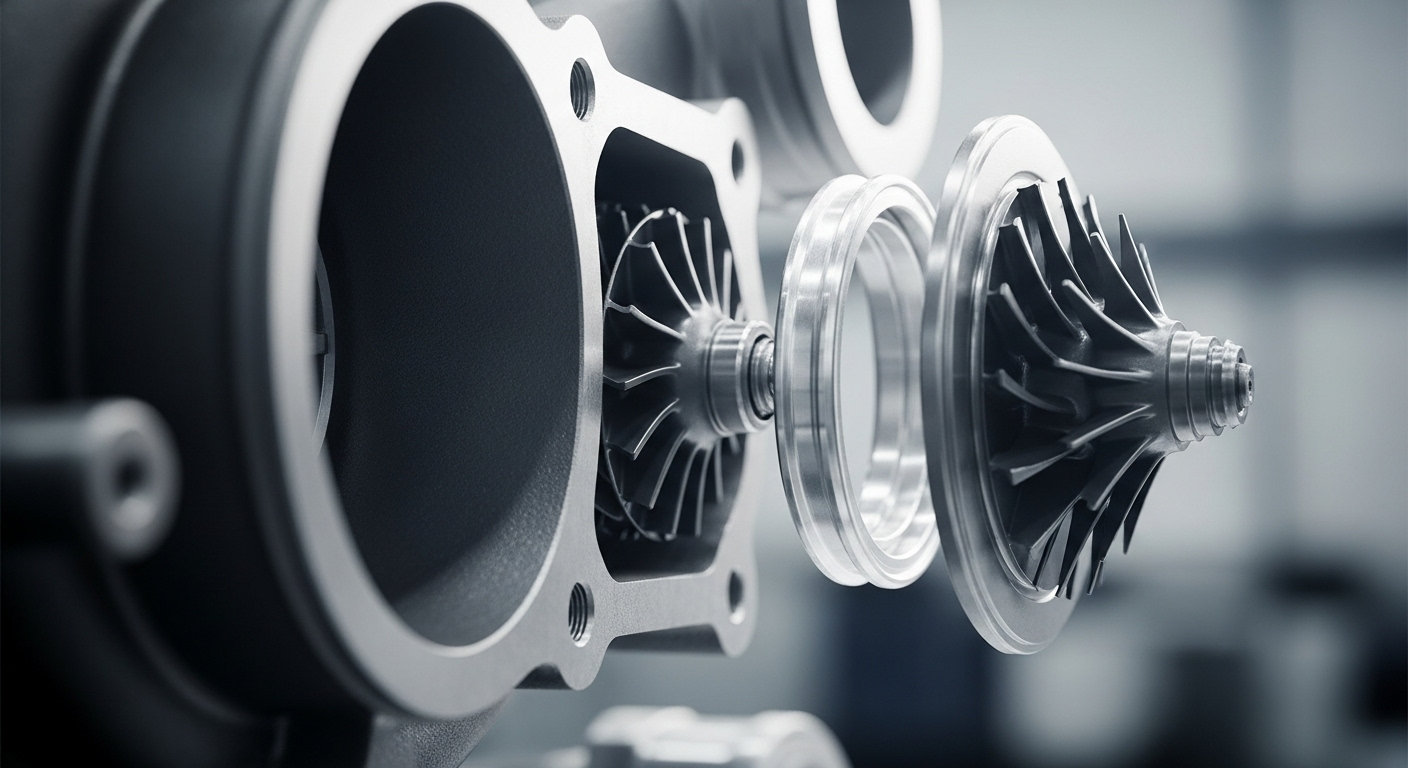Chronodiet: Syncing Your Meals with Your Biological Clock
Imagine a world where the timing of your meals is just as crucial as their content. What if eating at specific hours could dramatically improve your health, energy levels, and even your lifespan? Welcome to the fascinating realm of chronodiet, a revolutionary approach to nutrition that's taking the wellness world by storm.

The Science Behind Chronodiet
Chronodiet is rooted in the field of chrononutrition, a relatively new area of study that explores the intricate relationship between our dietary habits and our circadian rhythms. Our bodies operate on a 24-hour cycle, influenced by external cues like light and dark, as well as internal biological processes. This internal clock regulates various physiological functions, including metabolism, hormone production, and even gene expression.
Research has shown that our bodies process nutrients differently depending on the time of day. For instance, insulin sensitivity is typically higher in the morning, meaning our bodies are better equipped to handle carbohydrates earlier in the day. Similarly, the body’s ability to metabolize fats peaks in the evening. By aligning our food intake with these natural rhythms, we can potentially enhance nutrient absorption, improve metabolic efficiency, and reduce the risk of chronic diseases.
Key Principles of Chronodiet
Chronodiet isn’t about restricting calories or eliminating food groups. Instead, it focuses on strategic timing of meals to optimize bodily functions. Here are some fundamental principles:
-
Early Eating: Consuming a substantial breakfast within two hours of waking up kickstarts metabolism and sets the tone for the day.
-
Time-Restricted Feeding: Limiting food intake to a specific window, typically 8-12 hours, allows the body to enter a fasting state and initiate cellular repair processes.
-
Macronutrient Timing: Consuming carbohydrates earlier in the day and emphasizing proteins and fats in the evening aligns with the body’s changing insulin sensitivity.
-
Consistent Meal Times: Regular eating schedules help reinforce the body’s circadian rhythms and improve metabolic function.
-
Light Dinners: Having lighter, earlier dinners allows for better digestion and improved sleep quality.
Benefits and Potential Health Impacts
Emerging research suggests that adopting a chronodiet approach could lead to numerous health benefits:
-
Improved Metabolic Health: By eating in sync with our circadian rhythms, we can potentially enhance insulin sensitivity, reduce inflammation, and improve overall metabolic function.
-
Weight Management: Chronodiet may help regulate hunger hormones and reduce late-night snacking, contributing to better weight control.
-
Enhanced Sleep Quality: Aligning meal times with our circadian rhythms can lead to improved sleep patterns and overall sleep quality.
-
Digestive Health: Eating at optimal times can reduce digestive discomfort and improve nutrient absorption.
-
Potential Longevity: Some studies suggest that aligning eating patterns with circadian rhythms may have anti-aging effects and potentially increase lifespan.
Implementing Chronodiet in Daily Life
Adopting a chronodiet approach doesn’t require drastic changes. Start by making small adjustments to your eating schedule:
-
Prioritize breakfast and make it your largest meal of the day.
-
Try to consume most of your calories before 3 PM.
-
Aim for at least 12 hours of overnight fasting between dinner and breakfast.
-
Avoid late-night snacking and try to finish your last meal at least 3 hours before bedtime.
-
Maintain consistent meal times across weekdays and weekends.
-
Listen to your body’s hunger cues and adjust your eating window accordingly.
Challenges and Considerations
While chronodiet shows promise, it’s important to approach it with a balanced perspective. Some challenges to consider include:
-
Social Constraints: Aligning meal times with social and work schedules can be challenging.
-
Individual Variations: Chronotypes (morning larks vs. night owls) may affect optimal eating windows for different individuals.
-
Long-Term Adherence: Consistently following a strict eating schedule may be difficult for some people.
-
Potential for Disordered Eating: Over-focusing on meal timing could lead to unhealthy relationships with food for some individuals.
Future of Chronodiet Research
The field of chrononutrition is rapidly evolving, with ongoing research exploring various aspects of timing-based nutrition. Future studies aim to:
-
Identify optimal eating windows for different chronotypes and lifestyles.
-
Explore the impact of chronodiet on specific health conditions like diabetes and cardiovascular disease.
-
Investigate the long-term effects of chronodiet on aging and longevity.
-
Develop personalized chronodiet plans based on individual genetic and metabolic profiles.
Chrono-Wellness: Syncing Your Life with Your Internal Clock
-
Start your day with natural light exposure to reset your circadian rhythm
-
Schedule high-intensity workouts for late afternoon when body temperature peaks
-
Practice mindfulness or meditation in the evening to wind down
-
Dim lights and avoid blue light exposure 2-3 hours before bedtime
-
Maintain a consistent sleep schedule, even on weekends
-
Consider your chronotype when planning important tasks or meetings
-
Experiment with different eating windows to find what works best for your body
As we continue to unravel the intricate connections between our biological clocks and overall health, chronodiet stands out as a promising approach to optimize our well-being. By aligning our eating patterns with our natural rhythms, we may unlock a new level of vitality and longevity. While more research is needed to fully understand its long-term impacts, the principles of chronodiet offer a fresh perspective on nutrition that goes beyond just what we eat. As we move forward, the key lies in finding a balance that works for our individual lifestyles while respecting our body’s innate wisdom.






